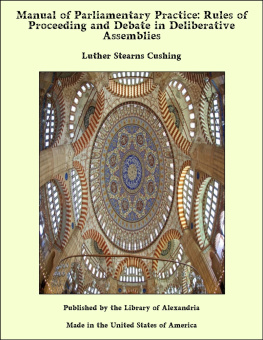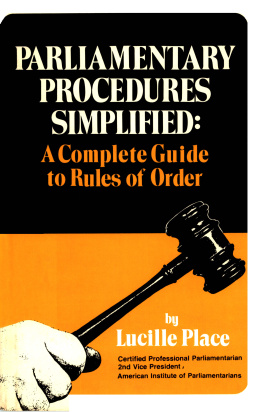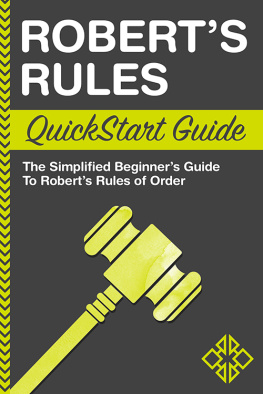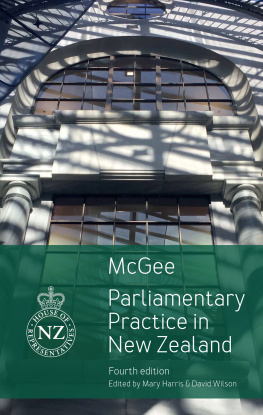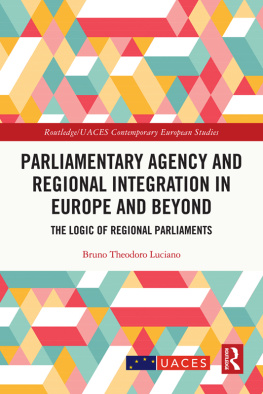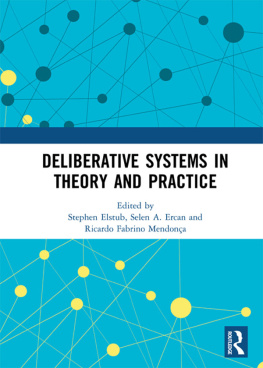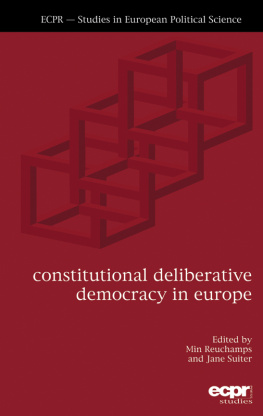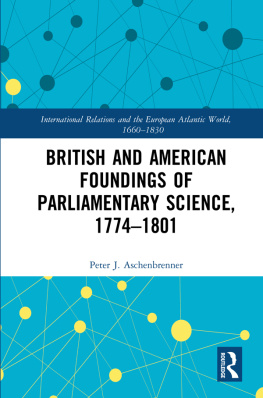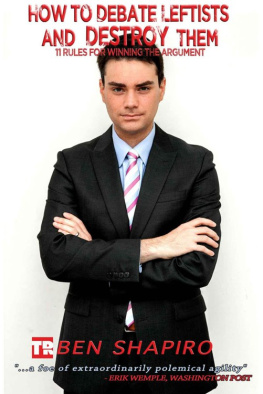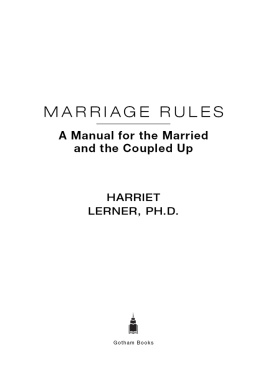MANUAL OF PARLIAMENTARY PRACTICE.
RULES
OF
PROCEEDING AND DEBATE
IN
DELIBERATIVE ASSEMBLIES.
BY
LUTHER S. CUSHING.
REVISED BY
FRANCES P. SULLIVAN.
Copyright, 1887,
BY M. J. IVERS & CO.
NEW YORK:
M. J. IVERS & CO.
379 Pearl Street
AUTHORS STATEMENT.
The following treatise forms a part only of a much larger and more comprehensive work, covering the whole ground of parliamentary law and practice, which the author has for some time been engaged in preparing; and which it is his intention to complete and publish, as soon as possible. In the mean time, this little work has been compiled, chiefly from the larger, at the request of the publishers, and to supply a want which was supposed to exist to a considerable extent.
The treatise, now presented to the public, is intended as a Manual for Deliberative Assemblies of every description, but more especially for those which are not legislative in their character; though with the exception of the principal points, in which legislative bodies differ from others, namely, the several different stages or readings of a bill, and conferences and amendments between the two branches, this work will be found equally useful in legislative assemblies as in others.
The only work which has hitherto been in general use in this country, relating to the proceedings of legislative assemblies, is the compilation originally prepared by Mr. Jefferson, when vice-president of the United States, for the use of the body over which he presided, and which is familiarly known as Jeffersons Manual. This work, having been extensively used in our legislative bodies, and, in some States, expressly sanctioned by law, may be said to form, as it were, the basis of the common parliamentary law of this country. Regarding it in that light, the author of the following treatise has considered the principles and rules laid down by Mr. Jefferson (and which have been adopted by him chiefly from the elaborate work of Mr. Hatsell) as the established rules on this subject, and has accordingly made them the basis of the present compilation, with an occasional remark, in a note, by way of explanation or suggestion, whenever he deemed it necessary.
Members of legislative bodies, who may have occasion to make use of this work, will do well to bear in mind, that it contains only what may be called the common parliamentary law; which, in every legislative assembly, is more or less modified or controlled by special rules.
L. S. C.
Boston , November 1, 1844.
PUBLISHERS REMARKS.
This edition of Cushings Manual of Parliamentary Practice has annotations, etc., not to be found in any other edition of the Manual. The old edition of course could not be improved upon, but there were several passages in which the meaning could be brought out plainer by notes illustrating them. This has been done, and the reader will find that the notes will assist him materially.
In addition the has been added, and as not a few references are made to it in the Manual, it will be found to be an addition to the book not to be despised.
PARLIAMENTARY PRACTICE.
INTRODUCTION.
. The purposes, whatever they may be, for which a deliberative assembly of any kind is constituted, can only be effected by ascertaining the sense or will of the assembly, in reference to the several subjects submitted to it, and by embodying that sense or will in an intelligible, authentic, and authoritative form. To do this, it is necessary, in the first place, that the assembly should be properly constituted and organized; and, secondly, that it should conduct its proceedings according to certain rules, and agreeably to certain forms, which experience has shown to be the best adapted to the purpose.
organized, at least, in part, in virtue of certain legal provisions; while others, of an occasional or temporary character, such as conventions and political meetings, constitute and organize themselves on their assembling together for the purposes of their appointment.
person) as before, and so on until a choice is effected. When a chairman is elected, he takes the chair, and proceeds in the same manner to complete the organization of the assembly, by the choice of a secretary and such other officers, if any, as may be deemed necessary.
. An organization, thus effected, may be, and frequently is, sufficient for all the purposes of the meeting; but if, for any reason, it is desired to have a greater number of officers, or to have them selected with more deliberation, it is the practice to organize temporarily, in the manner above mentioned, and then to refer the subject of a permanent organization, and the selection of persons to be nominated for the several offices, to a committee; upon whose report, the meeting proceeds to organize itself, conformably thereto, or in such other manner as it thinks proper.

